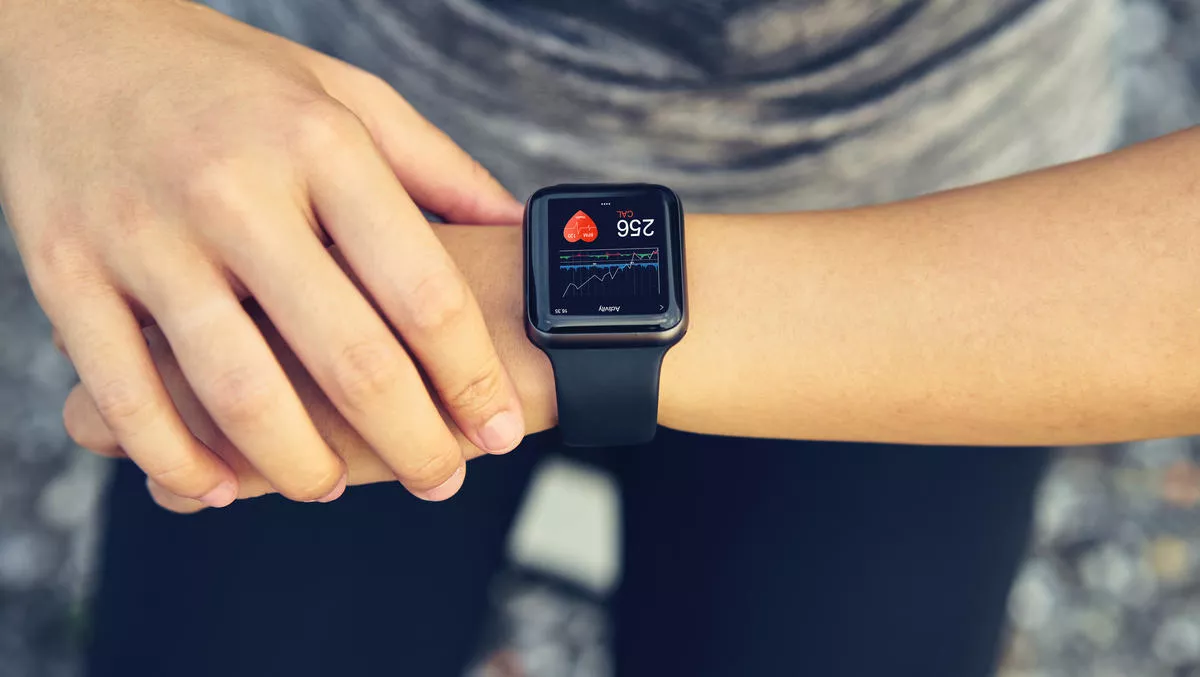
The Ministry of Health is trialling wearable devices at the border to help detect COVID-19.
The month-long trial uses a new app, Elarm, which can monitor activity such as heart rate and exercise recovery rates from the connected wearable device. The app uses AI technology to inform users of early physiological changes detected through their wearable, which may indicate they are becoming unwell several days before they experience symptoms.
Up to 500 border workers can volunteer to participate in the trial, which will run until early May.
After installing the app on a smart device, they will receive regular notifications and alerts during the day and can view their own health information on the app.
The app establishes a personalised health baseline for each user based on their wearable data history, all data used by the app is private to the individual participants.
“Contact tracing is at the heart of our COVID-19 response, and it's essential we find and treat people who might have been exposed to this difficult virus before it has a chance to take hold in our communities,” says the Ministry of Health's Shayne Hunter.
“There's no single fix for COVID-19, so it's important we use the tools and technologies at our disposal to give contact tracers and health workers a good head start.
“We already have good tools such as the NZ COVID-19 Tracer app and QR code posters, and the Ministry of Health is investigating other technologies that might provide further support for our contact tracing,” he says.
“If the Elarm app lives up to its potential, it might provide early notification to our critical border workforce if they're becoming unwell. That means they can take appropriate action such as self-isolating and being tested for COVID-19.
“Even though our border workers are vaccinated, the reality is that some people will still feel unsure about the increased risk of exposure to COVID-19 from working on the border,” Hunter adds.
“We want to really support this essential work by giving people good tools to monitor their own health to keep themselves, their whānau and all of New Zealand safe and healthy.
New Zealand company Datamine, developers of the Elarm app, will provide wearable devices for any of the border workers taking part who do not already have a wearable device. Fitbit will also provide a number of devices to border control workers in Auckland.
There is other research being undertaken of similar technology supporting the use of wearable devices to detect COVID-19 and other transmissible diseases. This includes studies by Stanford University, Scripps Institute and UCSF.
